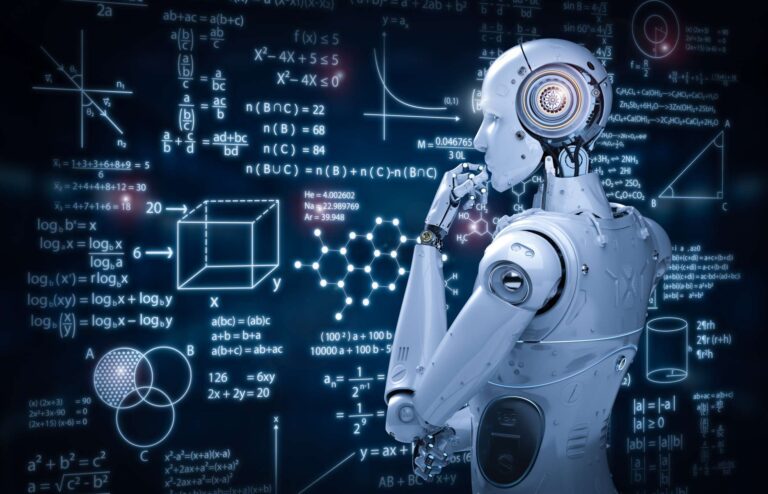What is Machine Learning? Applications and Trends for 2025
Machine learning is one of the most exciting areas of technology, affecting every corner of our lives. But what exactly is this concept? In short, machine learning is a branch of artificial intelligence (AI) that enables computers to learn and improve themselves through data without being explicitly programmed. It appears in a wide range of applications, from the smartphones we use in daily life to diagnostic systems in the health sector.

What Does This Technology Mean?
This technology empowers computers to learn from data without explicit programming. Traditional programming requires developers to code every step. Here, algorithms analyze data to learn patterns independently. For example, email spam filters identify spam emails over time.
This field includes three main approaches:
-
Supervised Learning: Models train on labeled data. For example, a model predicts house prices using historical sales data.
-
Unsupervised Learning: Algorithms identify patterns in unlabeled data, such as customer segmentation.
-
Reinforcement Learning: Algorithms learn through rewards and penalties, such as AI mastering games.
These methods deliver smarter solutions by processing large data sets.
How Does It Work?
This technology operates through a streamlined process with key steps:
-
Data Collection: Teams gather high-quality data. For example, facial recognition systems require thousands of images.
-
Data Preparation: Developers clean and prepare data for the model.
-
Model Training: Teams select an algorithm (e.g., neural networks) and train it with data.
-
Evaluation: Teams test the model’s accuracy using test data.
-
Application: Developers deploy the trained model to solve real-world problems.
This process tackles diverse challenges across industries.
Areas of Use
This technology transforms industries and daily life. Here are key applications:
1. Health Sector
In healthcare, this technology revolutionizes diagnosis and treatment. Deep learning detects cancer cells in X-ray images. Systems also create personalized treatment plans using patient data. By 2025, data-driven diagnostic systems will likely dominate healthcare.
2. E-Commerce and Marketing
E-commerce platforms analyze customer behavior to deliver personalized recommendations. For example, Amazon’s recommendation system leverages this technology. Marketers segment customers for targeted ads.
3. Finance
In finance, systems apply this technology for fraud detection and credit risk analysis. Algorithms detect anomalies in credit card transactions to prevent fraud.
4. Automotive
Autonomous vehicles rely on this technology to navigate and make decisions. Companies like Tesla process sensor data to ensure safe driving.
5. Entertainment and Media
Netflix and Spotify leverage this technology to deliver personalized content recommendations, enhancing user experience.
Emerging Trends in 2025
This field evolves rapidly, with innovations expected in 2025. Here are key trends:
1. Explainable Artificial Intelligence
Complex model decisions often lack transparency. Explainable AI clarifies these processes, boosting reliability in healthcare and finance.
2. Automated Machine Learning (AutoML)
AutoML empowers non-experts to build models. Platforms like Google Cloud AutoML lead this space.
3. Edge Computing
Running models on devices like smartphones, rather than the cloud, speeds up processing and reduces latency. By 2025, these applications will grow significantly.
4. Ethical and Responsible AI
Bias and unfairness spark ethical debates. In 2025, developers will accelerate efforts to create fairer algorithms.
5. Quantum Machine Learning
Quantum computing could accelerate models. Though in early stages, researchers expect advances by 2025.
What Will Happen in the Future?
This technology will shape the future. By 2025 and beyond, it will become more accessible and ethical. Businesses will streamline processes, and individuals will benefit from innovations in daily life. From smart homes to personalized health solutions, its impact will span every field.
Aspiring professionals can start with programming languages like Python or R. Data science skills unlock opportunities in one of the future’s most valuable careers.
Ultimately, this technology transforms lives. It drives innovation in healthcare, finance, automotive, and beyond. By 2025, advancements like explainable AI, AutoML, and quantum technologies will fuel further growth. Join this world to shape the future!


